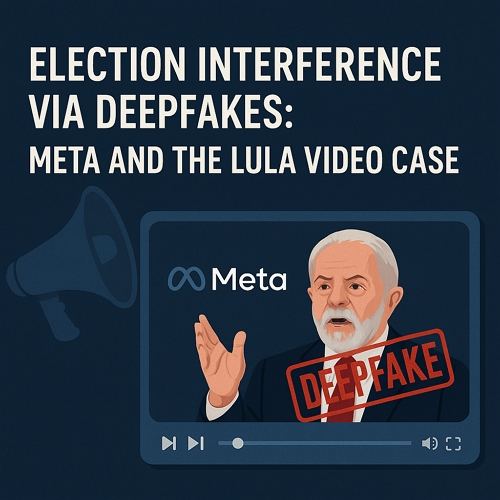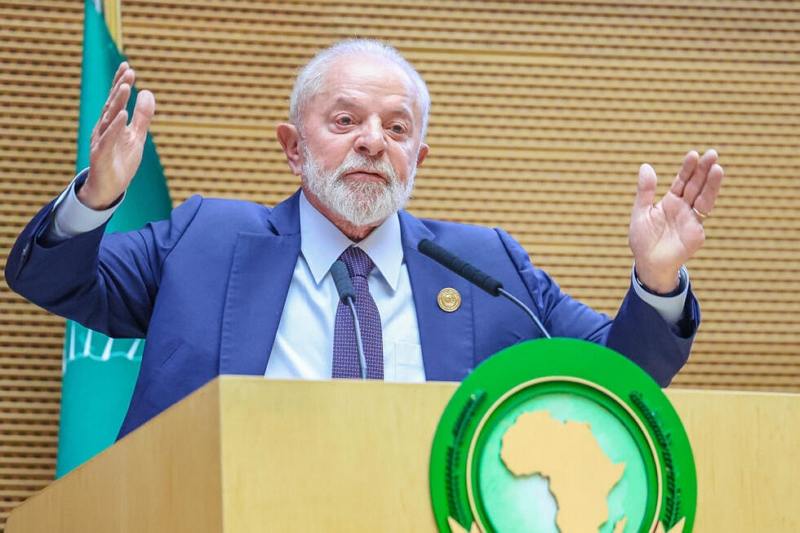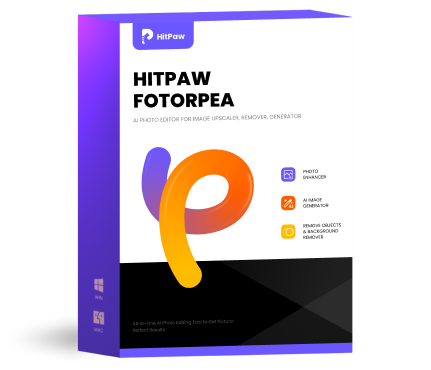How Deepfake Political Videos Interfere with Elections: Lula Case
Deepfake technology is no longer sci-fi-it's weaponizing politics. A fabricated video of Brazil's President Lula endorsing extremist policies went viral days before the 2022 election, spotlighting how AI-generated lies threaten democracy. This article dissects Meta's delayed response to the scandal and analyzes looming legal battles under US and EU regulations.

Part 1. Case Study: Meta Removes Lula Deepfake During Brazil's 2022 Election
During the tense and closely watched 2022 Brazilian presidential election, a manipulated video emerged showing President Luiz Inácio Lula da Silva seemingly endorsing radical political stances he never actually expressed. The video was a deepfake-an AI-generated fabrication.

Meta's Reaction
Meta (formerly Facebook) removed the video 48 hours after user reports but faced criticism for slow action. Brazil's Supreme Court later cited it as "election interference." The delay allowed the video to gain traction and be shared widely before being taken down.
Impact and Analysis
In a politically polarized environment like Brazil's, such deepfakes can have immediate and damaging effects. They erode trust, spread misinformation, and potentially sway undecided voters. Several news outlets, including Reuters and The Guardian, reported on the video's viral spread and the concerns voiced by election watchdogs and media literacy experts.
Experts warned that the slow response from social platforms could amount to passive facilitation of misinformation, especially during critical democratic events like elections.
Part 2. Legal and Regulatory Perspectives
1. United States: Deepfake Accountability Act (Proposed)
Though not yet enacted, the Deepfake Accountability Act reflects U.S. lawmakers' growing concern. The proposed bill would:
- Require digital content creators to label deepfake videos.
- Mandate platforms to establish a transparent takedown mechanism.
- Impose penalties for non-compliance, including potential civil liability.
While still a draft, the act signals a policy direction toward stricter oversight of synthetic media in political contexts.
2. European Union: Code of Practice on Disinformation & DSA
In the EU, regulation has advanced further. The Code of Practice on Disinformation and the Digital Services Act (DSA) require platforms to:
- Rapidly remove false or manipulated political content.
- Label manipulated media, including deepfakes.
- Face fines of up to 6% of global annual revenue for non-compliance.
Deepfake political content is categorized as a "systemic risk" under the DSA-meaning platforms must actively mitigate its spread and provide transparency reports.
3. Comparative View: US vs. EU Legal Frameworks
While both the U.S. and EU recognize the threats posed by deepfakes, the EU's legal apparatus is more robust and enforceable. The U.S. leans toward a reactive, proposal-based approach, whereas the EU has begun implementing mandatory compliance backed by financial penalties.
Globally, this regulatory contrast may pressure platforms to adopt a more universal, proactive strategy for identifying and handling political deepfakes.
Part 3. The Political Consequences of Deepfakes
The misuse of deepfakes in elections can lead to several destabilizing consequences:
- Misleading Voters: Voters may base decisions on completely fabricated narratives.
- Undermining Democratic Integrity: Election results can be questioned when misinformation is prevalent.
- Platform Responsibility: Social media companies face growing demands to moderate content responsibly.
- Triple Threat: Failure to act quickly leads to legal risks, public backlash, and reputational damage.
Part 4. Challenges and Solutions
Challenges:
- AI-generated content evolves faster than detection tools (OpenAI's GPT-4 clones voices in 15 sec).
- Over-censorship fears: 41% of US adults worry about free speech limits (Pew Research).
Solutions:
- Tech: Adobe's Content Credentials, Microsoft's Video Authenticator.
- Policy: G7's "Hiroshima AI Process" for cross-border standards.
- Public Education: Brazil's TSE launched a "Fake News Vaccine" campaign pre-election.
Conclusion
Deepfake videos are no longer just a technological curiosity-they're a dangerous tool in modern political warfare. The Lula deepfake incident highlights just how swiftly and severely these videos can interfere with elections.
While deepfakes pose serious risks, not all AI video tools are harmful. When used ethically, tools like HitPaw VikPea allow users to restore and improve old personal footage-a positive example of AI's power when applied responsibly.










 HitPaw Univd (Video Converter)
HitPaw Univd (Video Converter) HitPaw VoicePea
HitPaw VoicePea  HitPaw FotorPea
HitPaw FotorPea



Share this article:
Select the product rating:
Daniel Walker
Editor-in-Chief
This post was written by Editor Daniel Walker whose passion lies in bridging the gap between cutting-edge technology and everyday creativity. The content he created inspires the audience to embrace digital tools confidently.
View all ArticlesLeave a Comment
Create your review for HitPaw articles